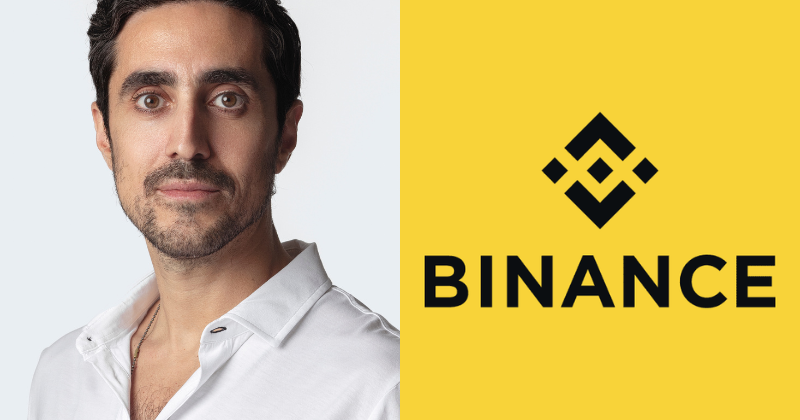
For as long as can be remembered, the UAE has been at the forefront of the crypto scene in the MENA region. To date it has outpaced most of the countries in the region, but it seems that Turkey is starting to give the UAE a run for its crypto status.
During the past several weeks many crypto related announcements have been coming out of Turkey.
The first which was interesting was the expansion of Turkish home grown crypto trading and mining platform to Brazil. Bitci aims to open a cryptocurrency trading platform in Brazil and then Spain.
Chief Executive Onur Altan Tan said in an interview that he hopes a Brazilian exchange will build on its tie ups with soccer clubs there, given that the company offers fan tokens.
He stated, “We are opening a crypto exchange in Brazil because we have valuable assets there. We have released fan tokens of Brazil’s national team and we have agreed with six other clubs.”
Tan said after Brazil and Spain, Bitci plans to open crypto exchanges in some countries in Central Asia, India and Russia in 2024.
But that is not all that is coming out of Turkey. Turkish banks are also gearing up towards crypto. Turkish AkBank announced the acquisition of local crypto firm Stablex as it aims to become a key player in the digital asset space.
Then Garanti BBVA, another leading Turkish bank, launched its crypto wallet app the following day. The application has a cold wallet feature and allows users to send and receive assets like Bitcoin (BTC), USD Coin (USDC) and ether (ETH).
Turkey ranks among the top 20 countries in Chainalysis’ Global Crypto Adoption Index 2023.
Finally Turkey’s finance minister, Mehmet Simsek, recently announced that the nation’s crypto regulations are in their “final stages.” According to the report, these impending regulations are designed to mitigate the risks associated with trading in crypto assets and faciliatate the removal of Turkey from FATF (Financial Action Task Force) grey list.
The proposed regulations outline a licensing framework for digital currency asset trading platforms overseen by Turkey’s Capital Markets Board (CMB). This framework will introduce minimum operating standards, including specific requirements for founders and managers, organizational obligations, and capital stipulations.
As reported by Reuters, Simsek’s announcement reflects Turkey’s approach to integrating crypto assets into its regulated financial landscape.
This is happening while the UAE still lags behind when it comes to Central Bank framework for virtual assets payments, remittances and settlements. While many crypto exchanges in the UAE have received licenses, none have confirmed which banks they are working with when it comes to fiat and crypto on and off ramp.
In terms of traditional banks, again most UAE banks have stayed away from crypto. It hasn’t helped that the UAE Central Bank issued a new guidance on anti-money laundering and combating the financing of terrorism (AML/CFT) for licensed financial institutions (LFIs) with a focus on the risks of dealing with virtual assets.
Companies such as WadzPay still await the Central Bank framework that would allow them to move forward with their pilot solution with Dubai Duty Free for implementing a digital assets settlement platform. But so far the only partnership Dubai Duty Free has signed up with is AliPay allowing customers access promotions and pay with their home digital apps at duty-free stores at Dubai and Al Maktoum International airports.










